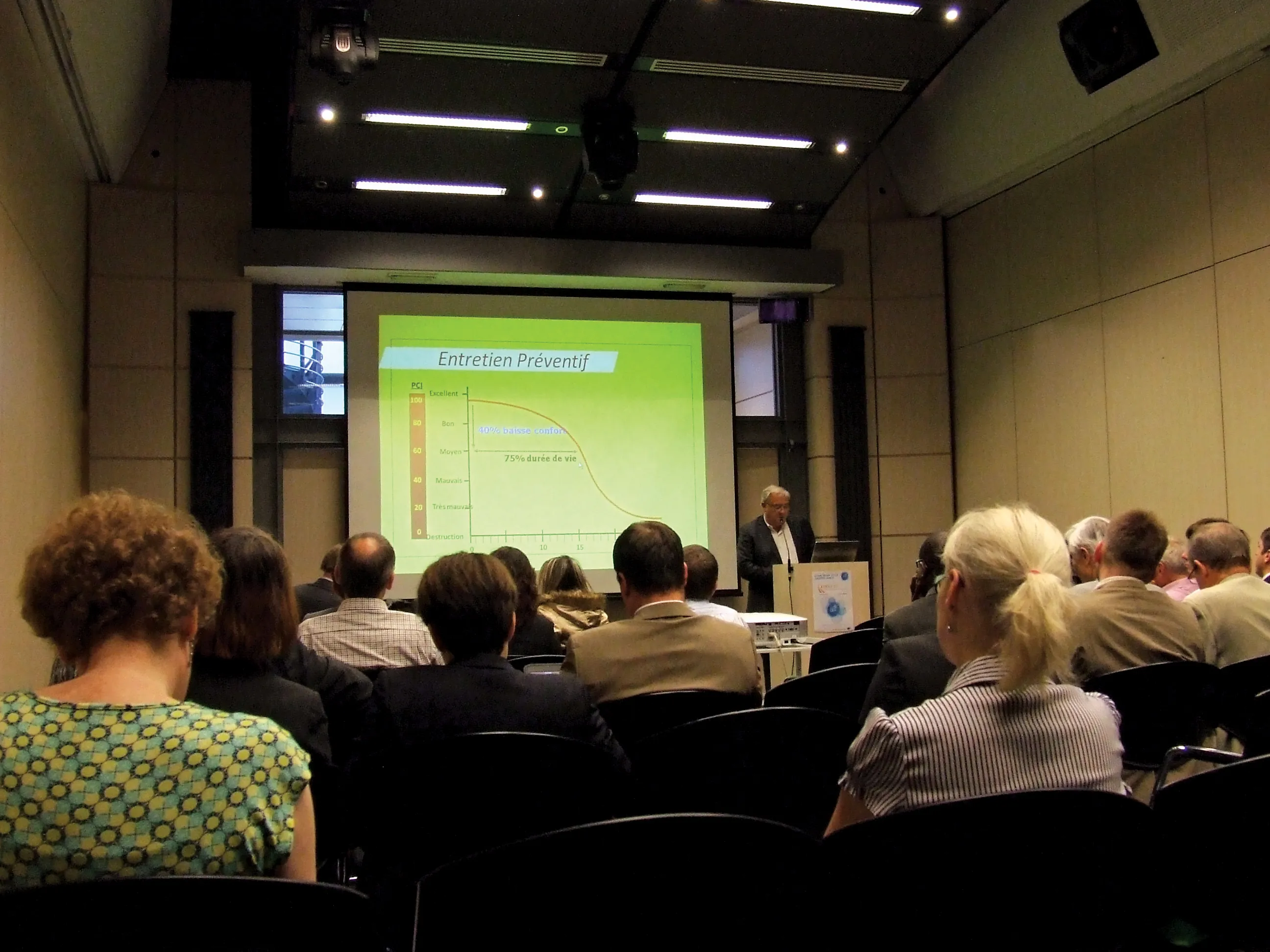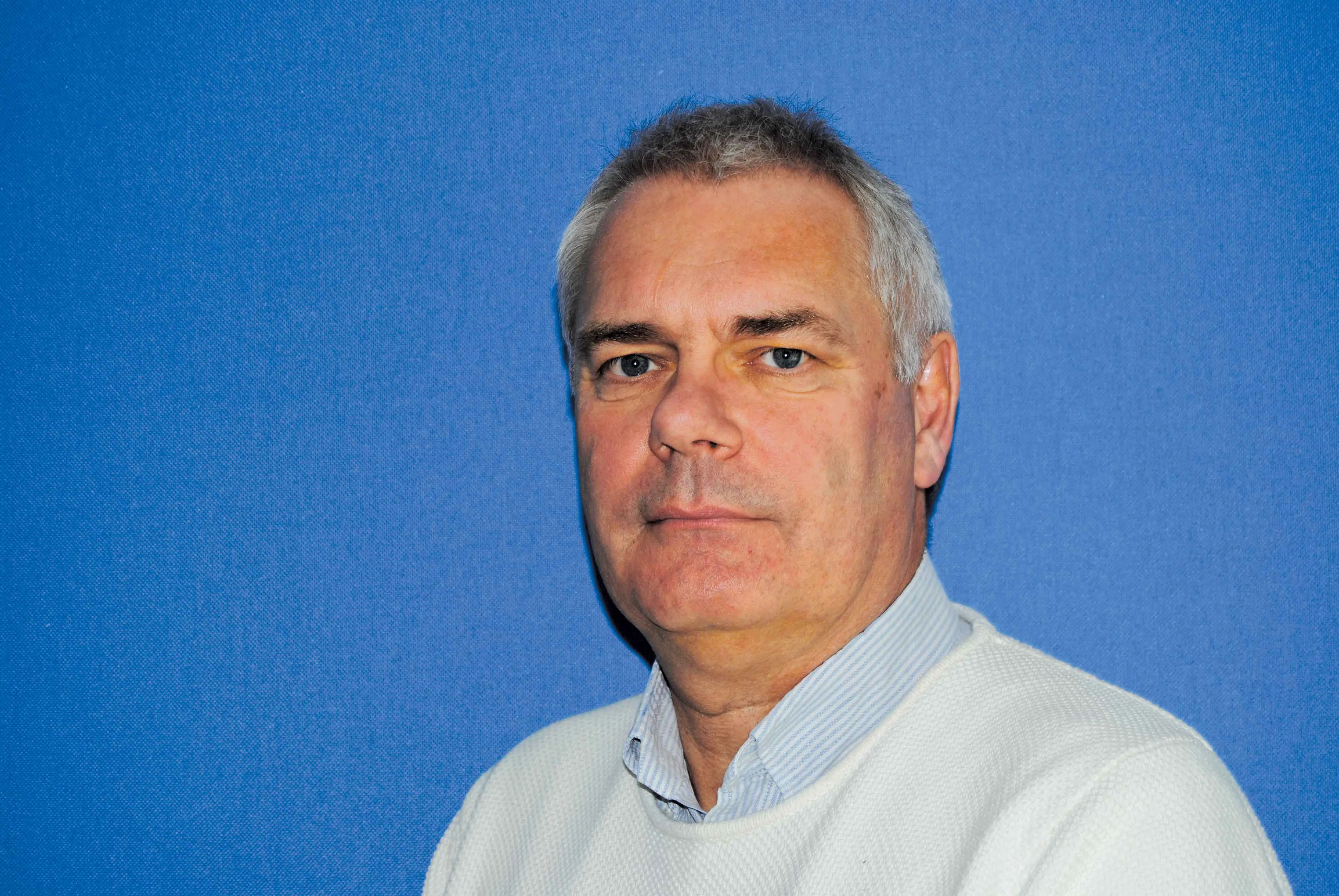The recent Forum of European National Highway Research Laboratories (FEHRL) Infrastructure Research Meeting 2013 in Brussels (FIRM 2013) attracted a large number of attendees, from Europe as well as further overseas. The event included a number of presentations on key road infrastructure topics, with major input also from other associations such as the European Asphalt Paving Association (EAPA). The plenary session drew high-level speakers from a number of National Road Administrations and European institut
July 1, 2013
Read time: 4 mins

Transport infrastructure research event proves a success. Mike Woof reports
The recentThe event had the theme of Advanced and Innovative Construction and Maintenance and formed part of the fifth Strategic European Road Research Programme (SERRP V). Discussions were held on Infrastructure Innovation, Construction and Maintenance, Greening of Road Infrastructure and Adapation to Climate Change and Knowledge Transfer. One of the main FEHRL programmes in focus was Infravation 2014 ERA-NET PLUS, which included the parallel Road Infrastructure Innovation Expo, as well FEHRL’s Forever Open Road programme.
Following the plenary portion, parallel sessions were held over the two days of the event with two or three tracks underway at the same time. Attendees were able to choose from these, which looked at specific technical issues or wider discussions instead. Issues such as asset management took a high priority within the session on the Forever Open Road Programme. Bob Collis of the UK’s TRL research body chaired the Asset Management for Road Networks session and commented on the fast-changing nature of the road sector and the challenges that this presents. He said, “One of the things we’re going to face more and more is that the technology we’re designing roads for, doesn’t exist any more.”
Collis continued, “The drivers behind the Forever Open Road are ageing infrastructure and scarcity of materials.”
Collis explained that there are key issues within the Forever Open Road: Adaptable Roads; Automated Roads; Resilient Roads; Transport Infrastructure; and Asset Management Challenges for Road Networks. He also pointed out that in 2011 the Forever Open Road won the best paper award at the World Road Association (
Claire Hanson of the UK’s
Hanson explained that planning maintenance and repairs provides a major challenge across the network. “Our renewals programme is one of the largest undefinables at the beginning of the year.”
Hanson explained that a prioritisation system is used to ensure that work needing to be carried out goes to the front of the queue. She said, “The higher the points, the more likely it is to get funding.”
The HA has been improving its asset management processes over the last five years according to Hanson. “A lot of different asset management data has been collected.”
Aleš Žnidari of ZAG Ljubljana tackled ageing infrastructure, focusing particularly on his area of expertise with bridges. He said, “We have two problems; traffic is increasing and on the other hand, the infrastructure is deteriorating.”
Žnidari added that there is a massive backlog of maintenance and repair work to be carried out around the world, which will have a very high overall cost to society. “If you go to the secondary network, there are some problems in most countries. Doing nothing is not an option.”
He added that a network approach should be utilised instead of an object-orientated approach. He said that a key is to manage assets as a whole and not in small portions.
Further coverage of the FEHRL event will be included in the July/August issue of







